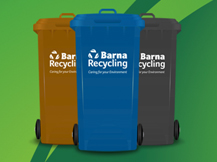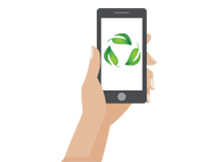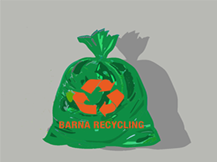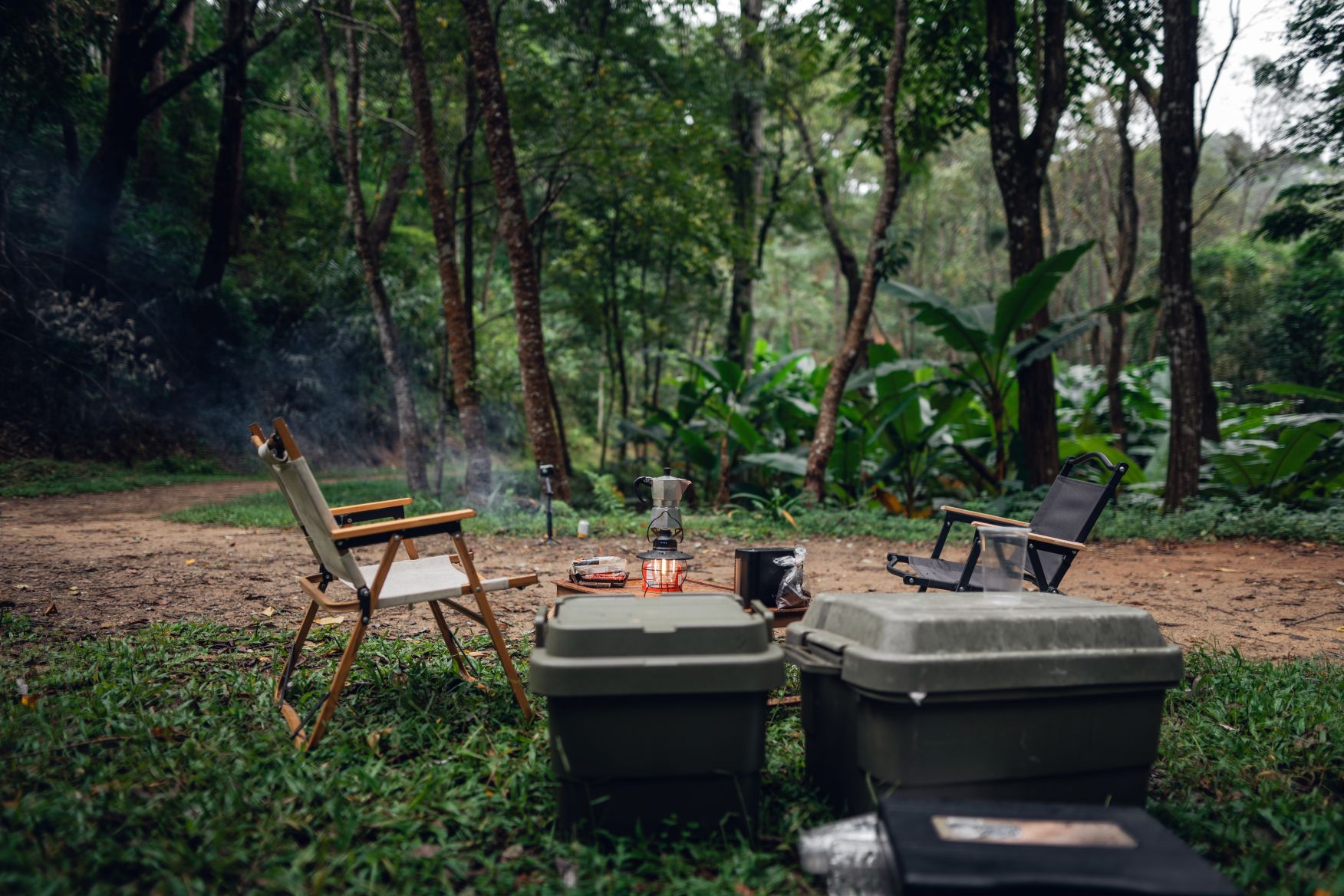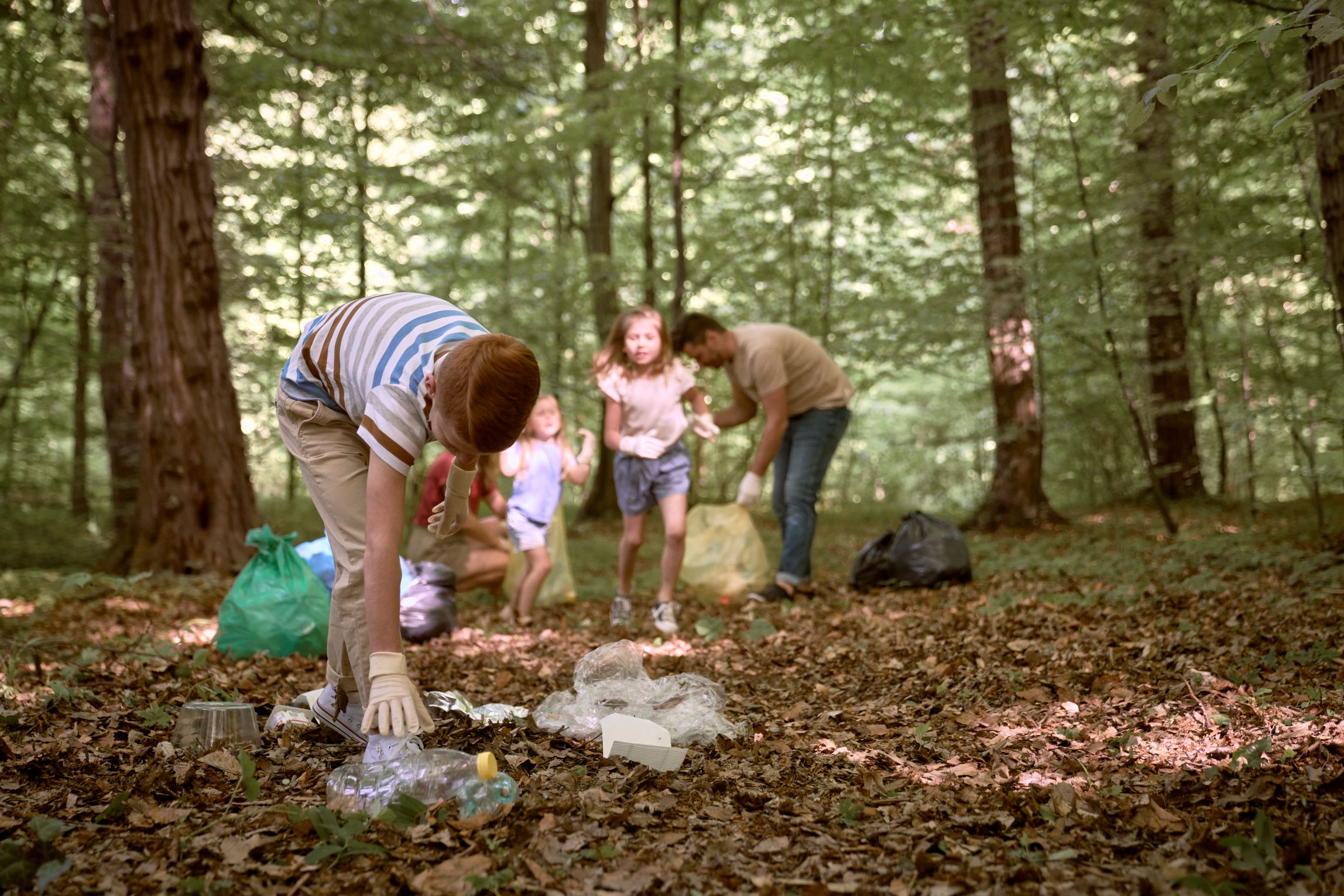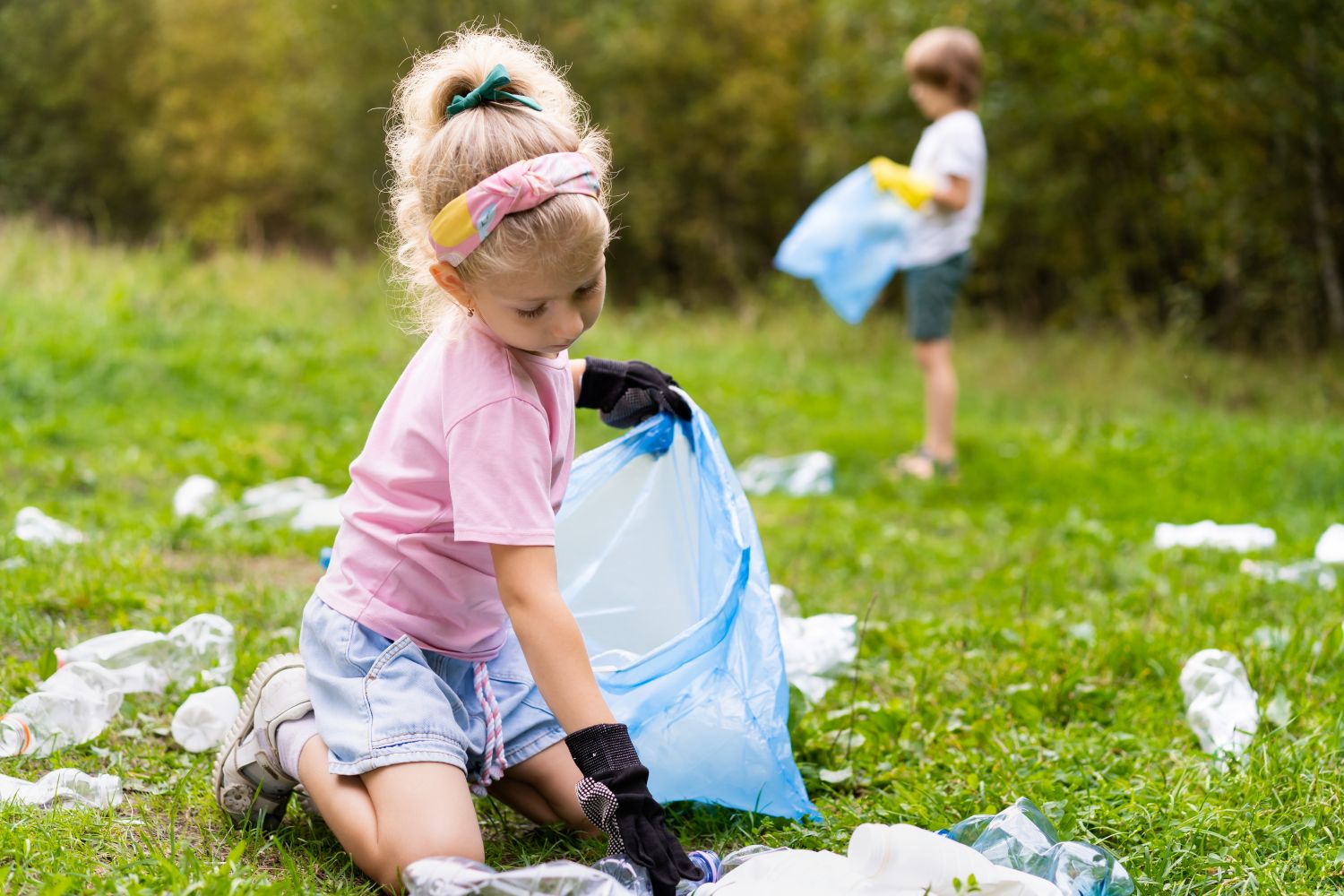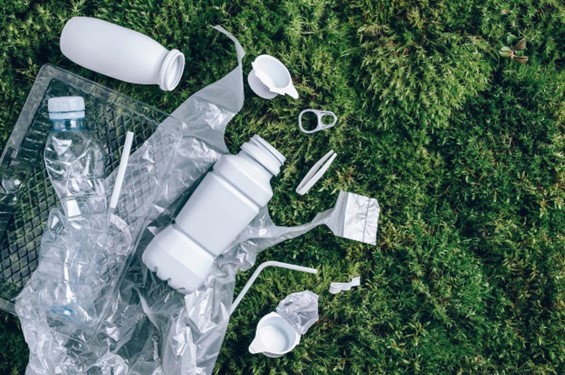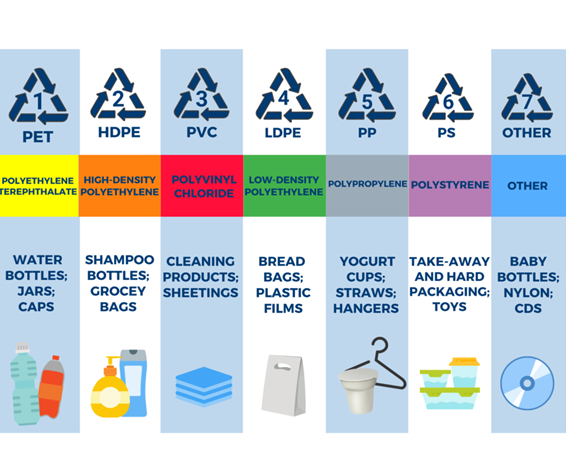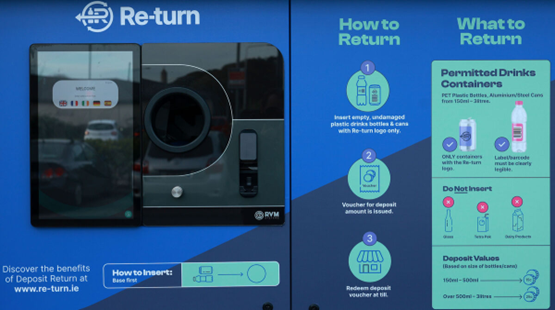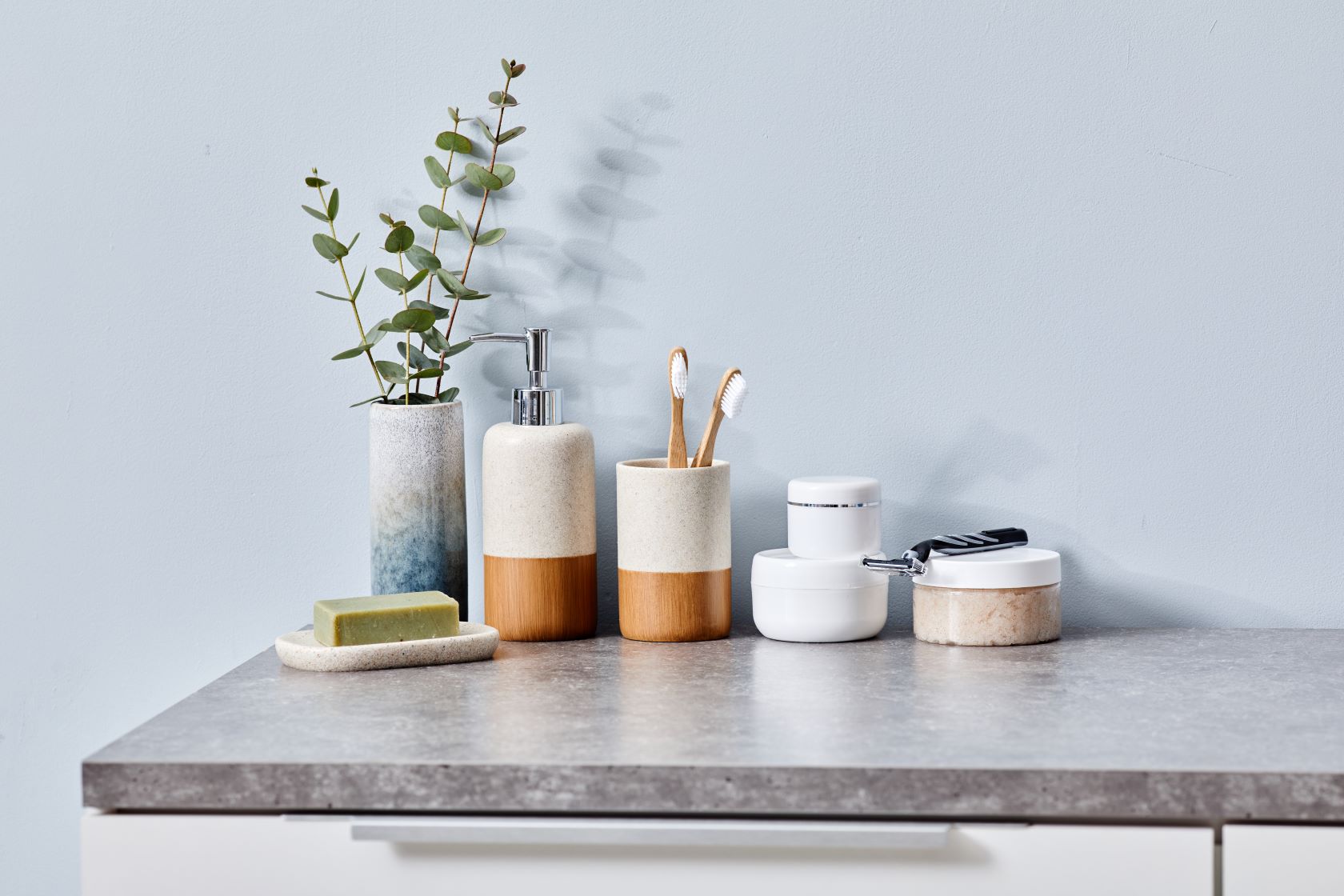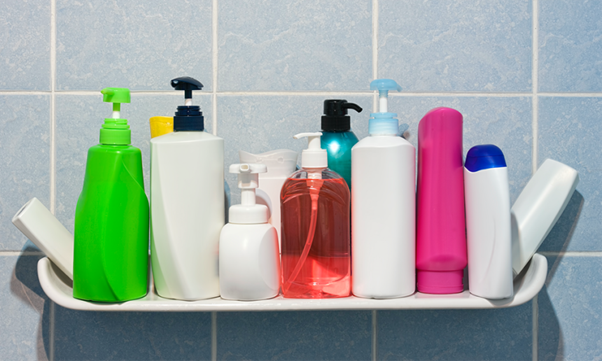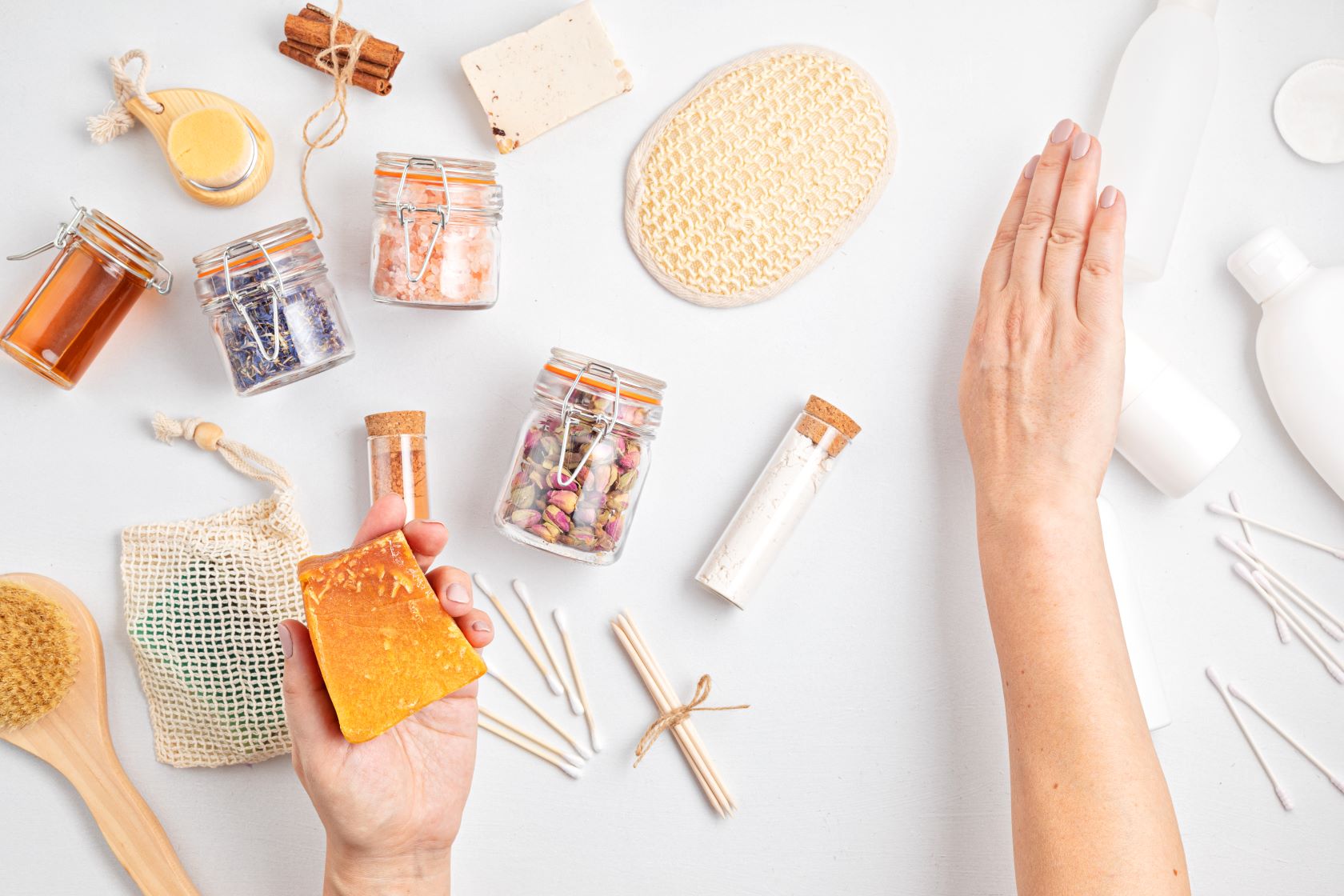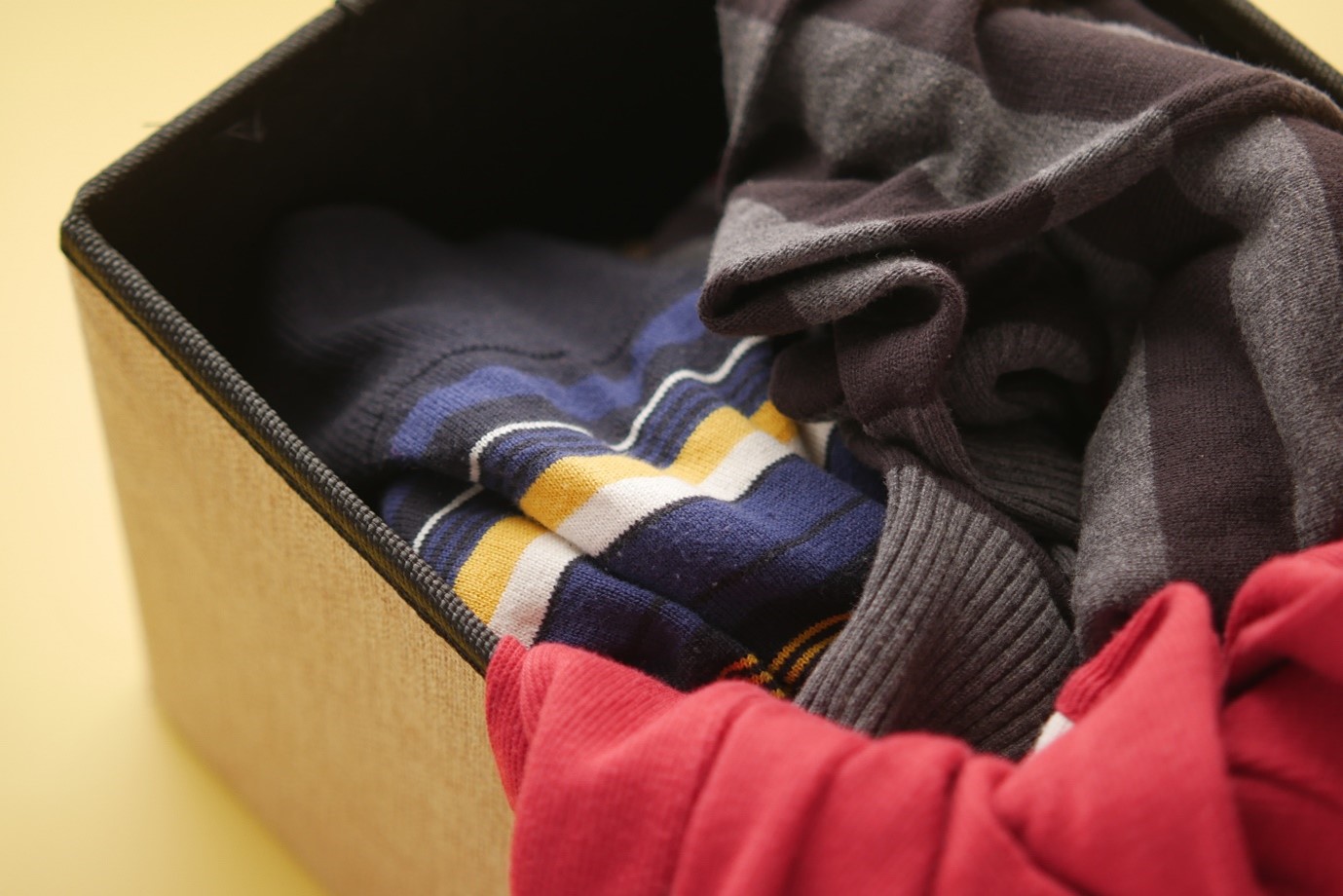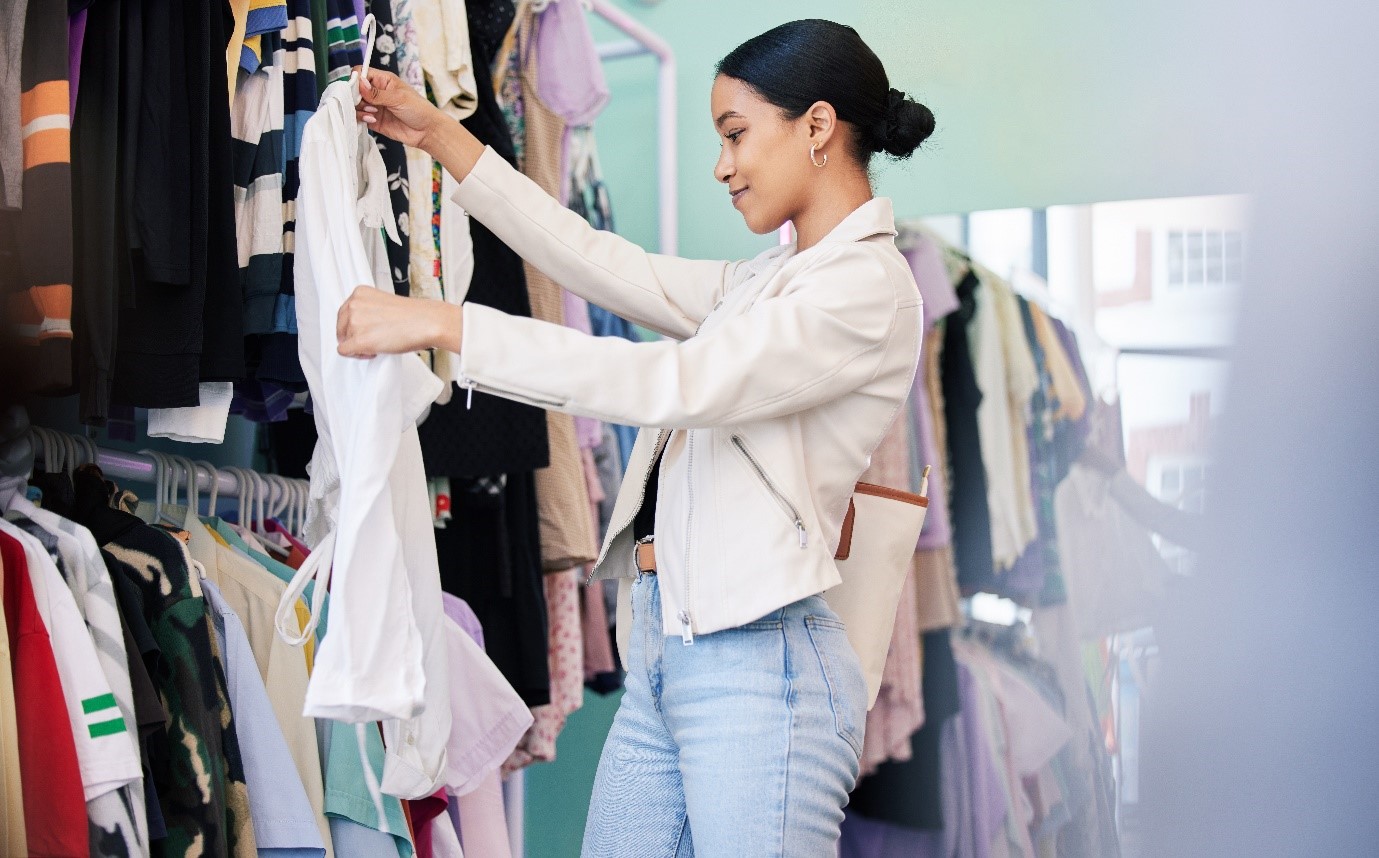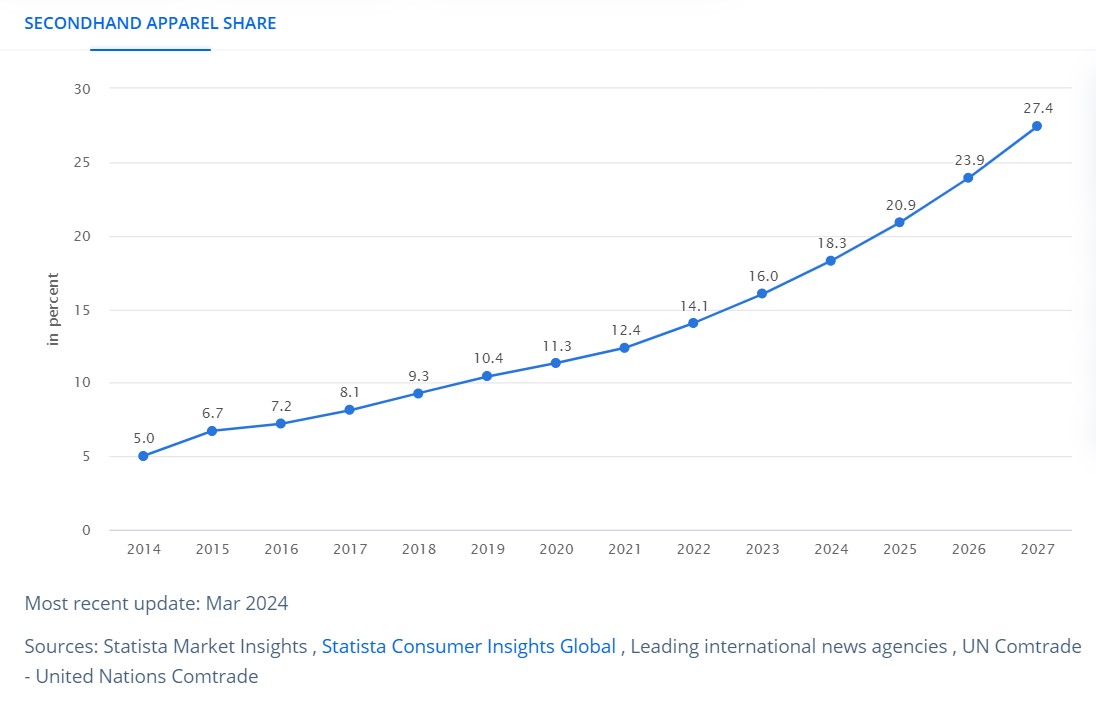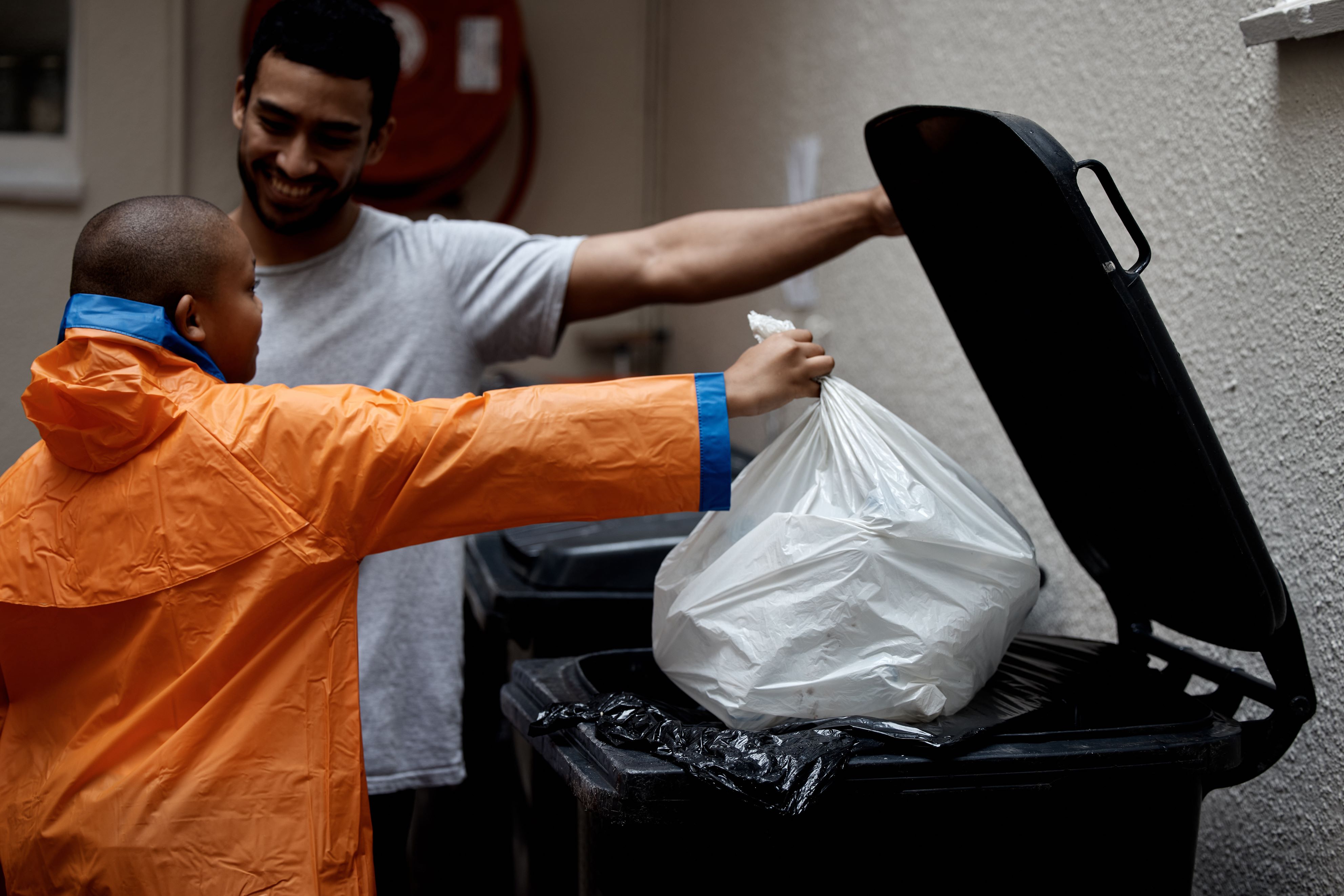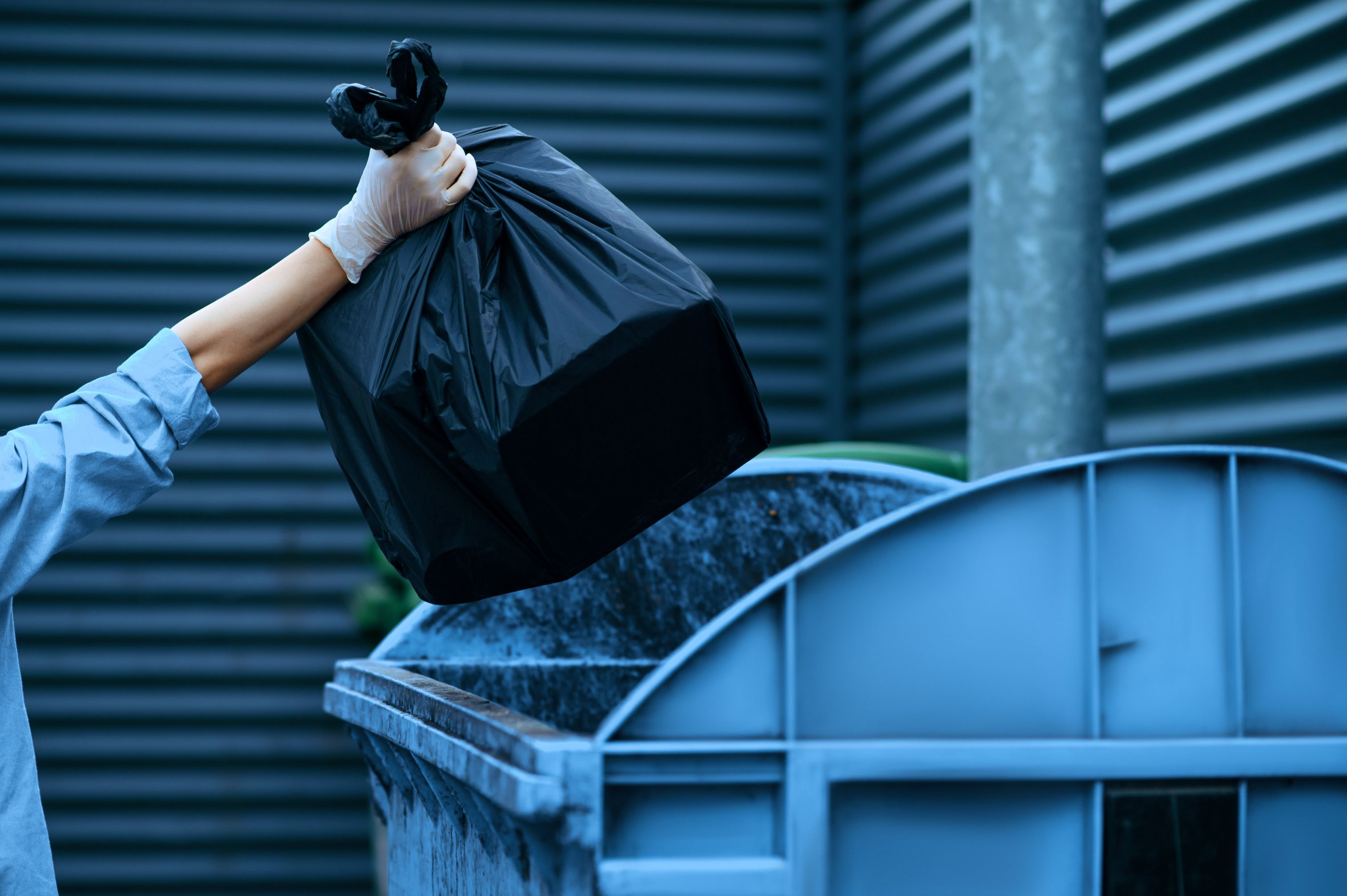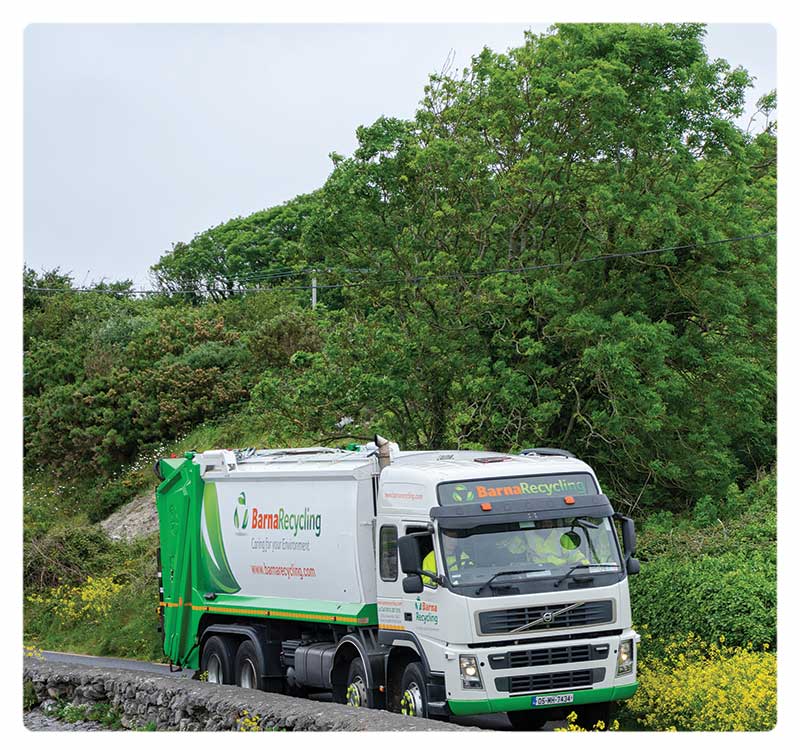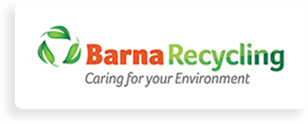- Barna Recycling
- Jul 24, 2025
How to Manage Your Waste When Travelling or Camping Around Ireland
Summer in Ireland is made for outdoor adventures like road trips through the Wild Atlantic Way, camping under the stars in Connemara, or exploring quiet forest parks in Leitrim. But while you’re soaking up nature, it’s just as important to protect it.
Whether you’re off-grid camping, glamping, or staying at a holiday park, how you manage your waste makes a big difference. With more people choosing staycations, responsible camping practices are more important than ever. Here’s your complete guide to sustainable waste disposal and recycling while on the move.
1. Plan and Pack Smart
Smart packing reduces waste before your trip even begins. Prepare food in advance using reusable containers, and bring your own refillable water bottles, thermoses, bamboo cutlery, and cloth shopping bags. This reduces your reliance on takeaway containers, plastic wrappers, and single-use items.
Consider shopping locally before you leave. Visit your nearest farmers market, like those in Galway, Ballina or Sligo, to stock up on fresh produce with minimal packaging. Not only does it reduce waste, but it also supports small Irish producers.
2. Set Up a Mobile Waste Sorting Station
Bring separate bins or colour-coded bags for general waste, recyclables, and food waste. A basic folding crate system in your boot works brilliantly. Compostable bin liners are ideal for food scraps, and mesh laundry bags can double as makeshift bottle or can holders.
Labelling the bags clearly helps the whole family get involved and prevents confusion when it’s time to dispose of your rubbish.
3. Research Waste Facilities Before You Go
Always check ahead to see what waste facilities are available at your campsite or destination. Many remote areas in Ireland operate on a “Leave No Trace” basis, which means you’re expected to take your rubbish home.
You can check resources like Leave No Trace Ireland or Coillte for up-to-date info on waste guidelines at Irish forest parks and outdoor sites.
4. Shop and Eat the Low-Waste Way
Avoid heavily packaged foods and shop with waste reduction in mind. Ditch plastic-wrapped snack packs for bulk items or fresh goods that can be stored in tubs or beeswax wraps.
Consider choosing meal ingredients that create minimal waste, like pasta, potatoes, and local veg. Cook in bulk and reuse leftovers creatively the next day to reduce food waste.
5. Don’t Burn or Bury Waste
Burning waste – especially plastics – releases toxic fumes. Burying waste damages soil, threatens wildlife, and breaks the principles of responsible outdoor recreation.
Always use public bins where available, or take waste home for sorting. If you come across litter left behind by others, consider doing a small clean-up. It’s a powerful way to teach kids and fellow campers about environmental responsibility.
6. Clean As You Go
Tidy your site daily. This avoids a pile-up of rubbish, deters pests, and prevents wind from scattering lightweight waste like paper or foil. Encourage a team effort, especially if camping with children – give them a mini-cleanup mission each evening before dinner.
7. Use Eco-Friendly Toiletries & Products
Opt for biodegradable soaps, shampoo bars, dishwashing liquids, and even toothpaste. These are safer for the environment, especially when camping near lakes, rivers, or coastal areas.
Support Irish eco-brands when possible. Many health stores across Connacht stock locally made products that are both gentle and green.
Need help? Here’s a list of some of the Irish brands focused on sustainable toiletries, natural skincare, vegan soaps, and body care products:
-
The Handmade Soap Company
https://thehandmadesoapcompany.ie -
Pestle & Mortar
https://pestleandmortar.com -
GROUND Wellbeing
https://groundwellbeing.com -
VOYA
https://www.voya.ie -
Kinvara Skincare
https://www.kinvaraskincare.com -
Bend in the Barrow
https://www.bendinthebarrow.ie -
Bluebird Soapery
https://www.etsy.com/ie/shop/Bluebirdsoaperyie -
Dublin Grooming Co.
https://www.goldpages.ie/dublin-grooming-co-dublin/ -
Gubby’s Soap (Cork-based)
https://gubbyssoap.ie -
Palm Free Irish Soap
https://palmfreeirishsoap.ie - White Witch (Connemara)
https://whitewitch.ie -
Valley of Roses
https://valleyofroses.co.uk
8. Involve the Kids in a Fun Way
Get creative with waste education. Let kids be “Eco-Officers” for the day or start a nature scavenger hunt that ends with a tidy-up task. Introduce them to litter-picking tools or turn sorting recyclables into a race.
A good resource for families is the EPA’s Green Home Programme, which includes waste and sustainability challenges.
Travel Lighter, Leave Greener: Join the Waste-Wise Movement
Managing your waste responsibly while camping or travelling around Ireland protects the natural beauty that draws so many of us outdoors. With a few mindful practices, you can cut down significantly on what ends up in the bin and inspire others to do the same.
Looking for more household waste tips? Check out our blogs How to Reduce Plastic Waste: Simple Changes That Make a Big Difference and Small, Simple Changes For An Eco-Friendly Bathroom.
Not a Barna Recycling customer yet? Sign Up here to become part of our eco-conscious community.






